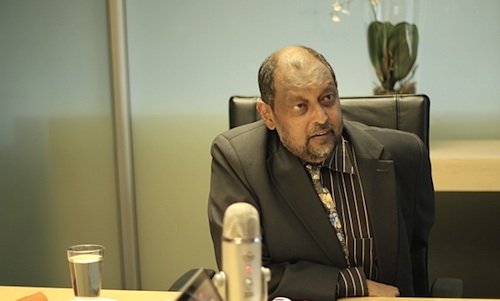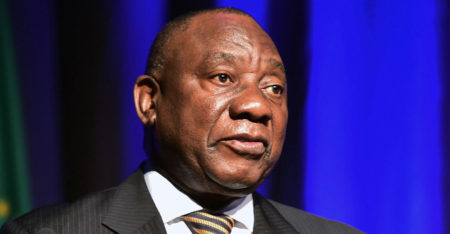
Communications minister Roy Padayachie says government is considering “unique models” for unbundling Telkom’s local loop, the “last mile” of copper cables into homes and businesses.
Padayachie wants the local loop unbundled by November. If managed correctly, it should help bring down fixed-line broadband prices.
But the minister wants the unbundling process to be tied to commitments from operators to provide broadband services into rural and other underserviced parts of the country.
Speaking to TechCentral (interview available as a special podcast), Padayachie says taking broadband to more people “should not be disconnected from the unbundling of the local loop”.
Though he hasn’t said what specifically government is considering, Padayachie wants to develop a new model for the process that won’t exclude people in marginalised areas.
“We should look very carefully at the model by which unbundling takes place because we don’t want a situation … whereby you unbundle in the lucrative areas and everyone then says they’d rather [only] go into the metros,” he says.
“That would not serve the developmental outcomes we want. We may have to look at the model of unbundling and develop a unique model … so that if companies want to take advantage of the unbundling then they have to look seriously at the rural areas.”
Denis Smit, MD of consultancy BMI-TechKnowledge, says Telkom’s telephone exchange infrastructure is well developed and is available in many rural areas. So, it is feasible to offer broadband digital subscriber lines to some customers in those areas.
Legally, however, it could prove difficult to place universal service obligations on operators and service providers that want to take advantage of unbundling.
Smit says this is because there is no clear definition of what constitutes an underserviced area. Any attempt to create definitions and regulations will take time, he warns. — Duncan McLeod, TechCentral
- Subscribe to our free daily newsletter
- Follow us on Twitter or on Facebook




